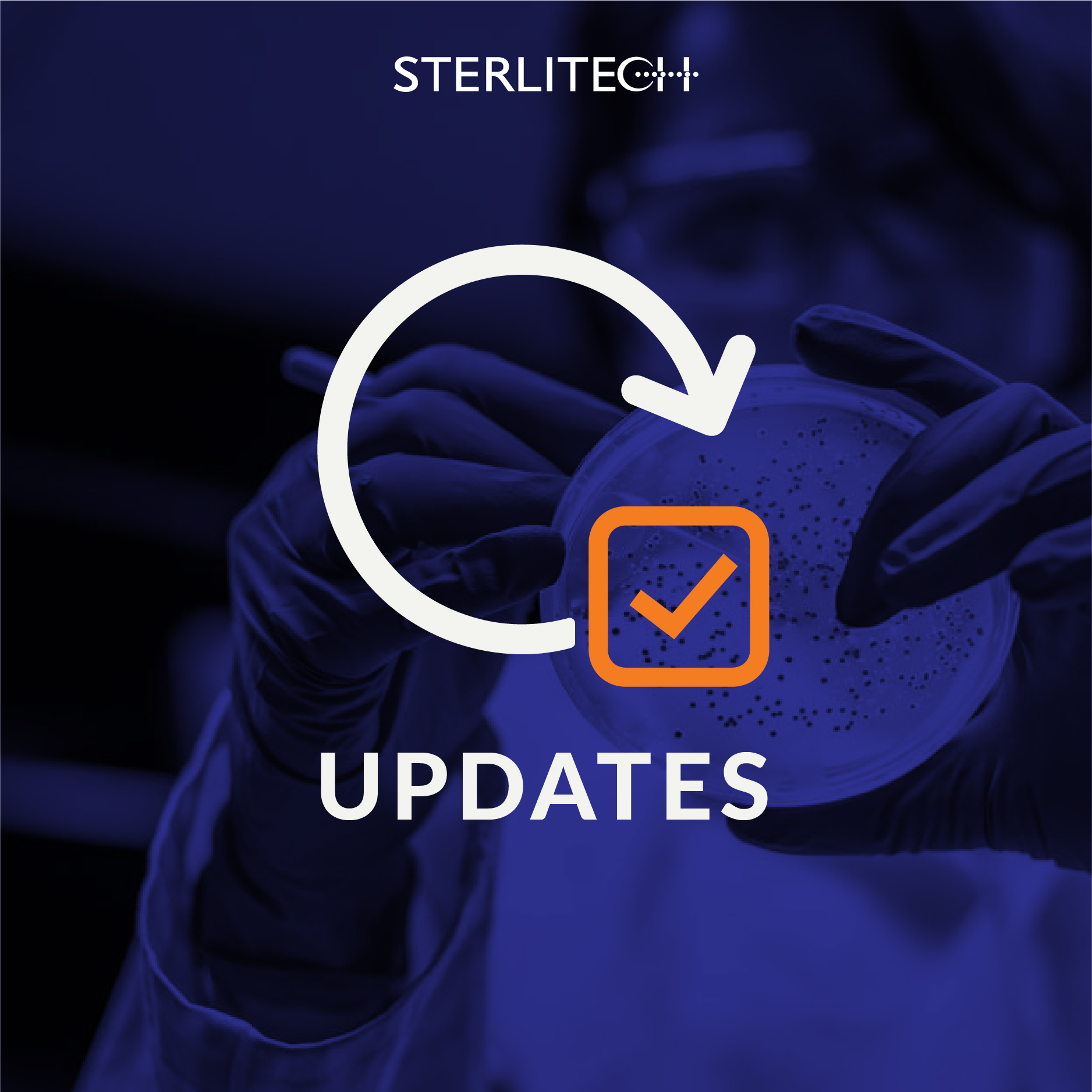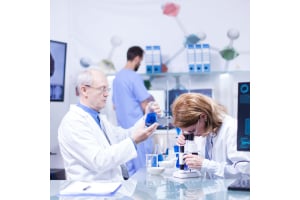Water Treatment by Sunlight
September 29, 2011

Today’s Laboratory Equipment newsletter features an interesting article on how Purdue researchers have created a water-disinfection system that uses ultraviolet radiation from the sun to remove pathogens. With 800 million people unable to access clean drinking water, the potential for water-cleaning system that can be powered by natural resources is tremendous. According to Water.org and the United Nations Human Development Report, every 20 seconds a child dies from a water-related disease.
This water treatment device uses a parabolic reflector to capture sunlight and focus it onto a UV-transparent pipe through which the water flows. In a brilliant development, the reflector is made out of a type of wood, paulownia, which is inexpensive and easy to find in regions around the equator where these systems are most needed. Since these people do not have significant funds or materials, for any solution to be effective it would have to be inexpensive and practical to construct.
In tests the UV treatment system has shown that it can incapacitate E. coli bacteria, but it has yet to show that it can neutralize other pathogens like those that cause cholera, typhoid and diarrhea. The engineers are looking into different reflective materials, such as metalized plastic, that could improve the effectiveness of the UV treatment method. The Purdue team has also been experimenting with a sand and gravel filtration system, which could possibly be used in conjunction with the sunlight treatment as a means of providing cheap drinking water. We’ve discussed sand filtration before, and the basic operation of this kind of filter is similar to filtration by other materials. Water flows slowly through layers of sand and gravel, allowing a bacterial film to build up on the surface of the filter which removes contaminants.
While industrial water treatment is obviously much faster and more effective on a larger scale, this filter made of natural materials could create enough drinking water for a family to live on. Aqua Clara International, a non-profit firm in Michigan, has been working with Purdue and Moi University in Kenya and so for they have installed almost 2,000 of these sand filtration systems in Kenya!
Read the announcement from the Purdue Newsroom
Share on Facebook
Share on Twitter
Share on Pinterest
Comment(s)
Did you find this article helpful?
0
0
Loading...
Categories
- Most Viewed Blog Articles (5)
- Company News (285)
- Emerging Technologies (64)
- Microbiology and Life Science News (93)
- Water and Fluid Separation News (97)
- Filtration Resources (93)
- Product News (19)
Recent Posts
Archive


![Join Sterlitech at BIO 2024 [Booth #5558]: Exploring the Future of Biotechnology](https://www.sterlitech.com/media/blog/cache/300x200/magefan_blog/b4.jpeg)



